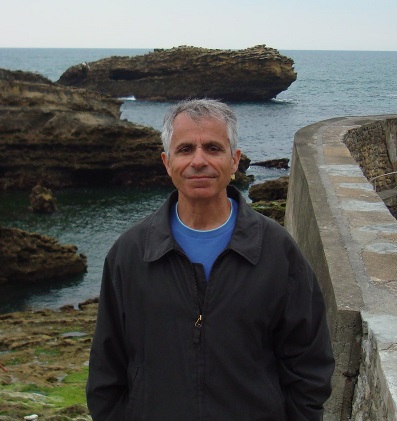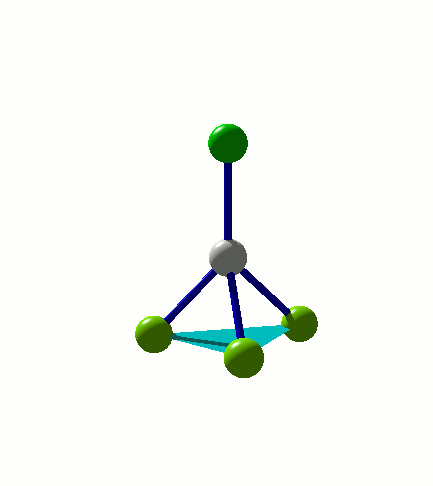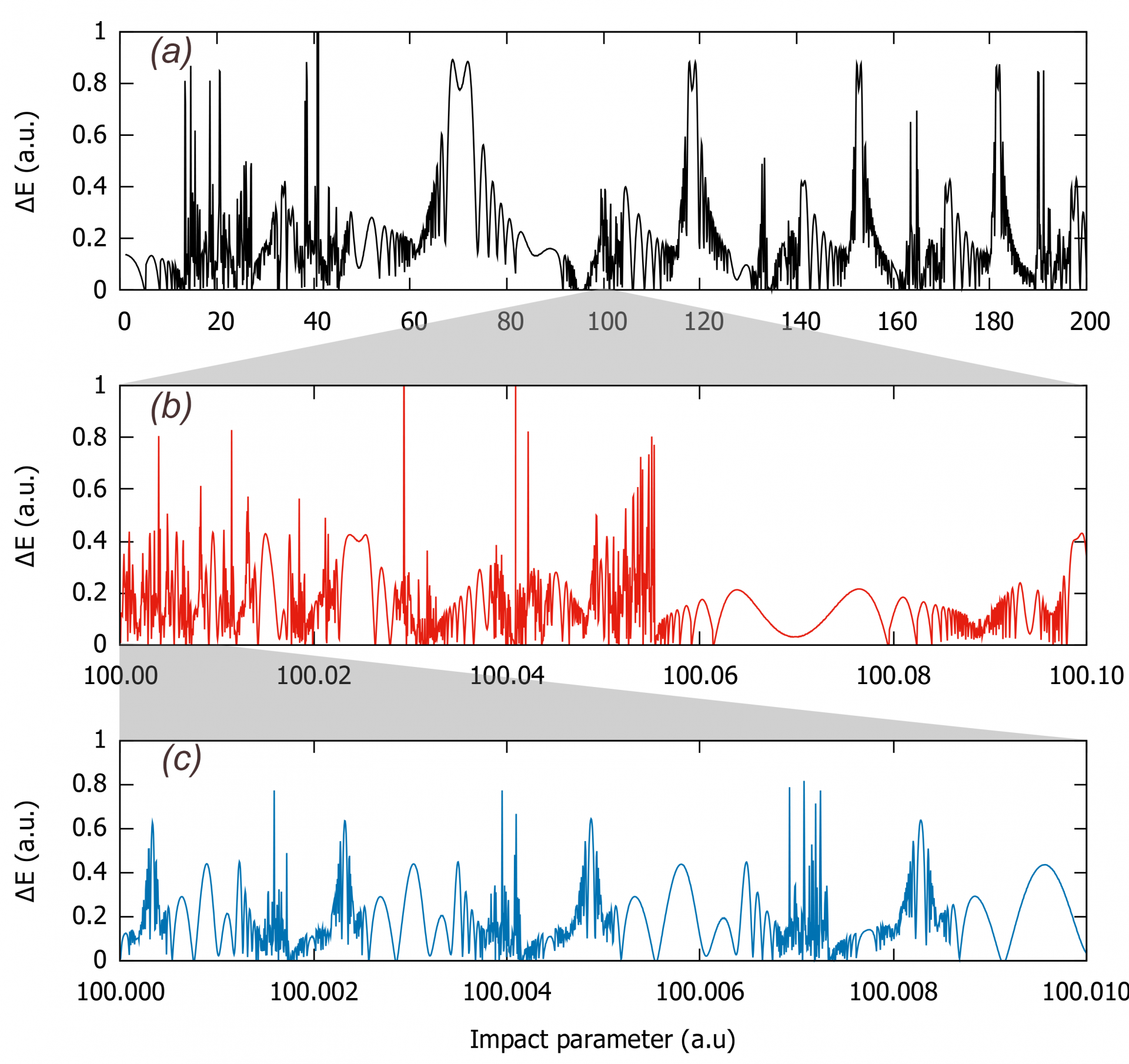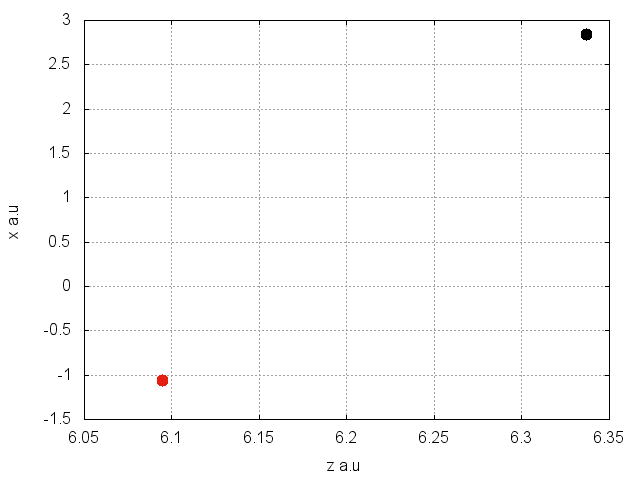
As theoretical AMO physicists, we are interested in the physics of electronic, atomic, and molecular scattering processes in neutral as well as in laser-assisted environments. We use a range of computational approaches from solving time-independent Schrödinger equation to solving classical Hamiltonians to obtain analytical or numerical solutions.
Now hiring new PhD students!, contact: ifabrikant@unl.edu
From our latest work..
LATEST NEWS!!!! See our editor-suggested article on positronium collisions here
Click on the image to view the article.
Following is a list of our recent research topics...
Positronium collisions with ions, atoms, and molecules
Positronium (Ps) is a bound state of an electron and a positron. Ps scattering from atoms and molecules has interesting similarities to that of electron scattering from atoms and molecules....Read more
Laser-assisted electron-ion processes
In the semiclassical limit, we study various electron-ion processes in the presence of a laser field. Interesting phenomena such as Coulomb focusing and chaotic scattering...Read more
Dissociative electron attachment
Dissociative electron attachment or DEA has many practical applications in medicine, industry, and astrophysics. In DEA, a low-energy electron can break up a large molecule via a resonant attachment process...Read more
Semiclassical methods in AMO physics
A combination of classical and quantum ideas is the best way to comprehend and answer many problems in quantum mechanics. Not only semiclassical methods ...Read more
Interested students can contact me to discuss available research assistant positions. On the path to becoming an AMO theorist, you will have the opportunity to grow as an independent researcher while building up your physics, computational, and programming skills. The students get the opportunity to publish, and present their work in domestic, and international conferences.
Our Research is funded by the National Science Foundation



